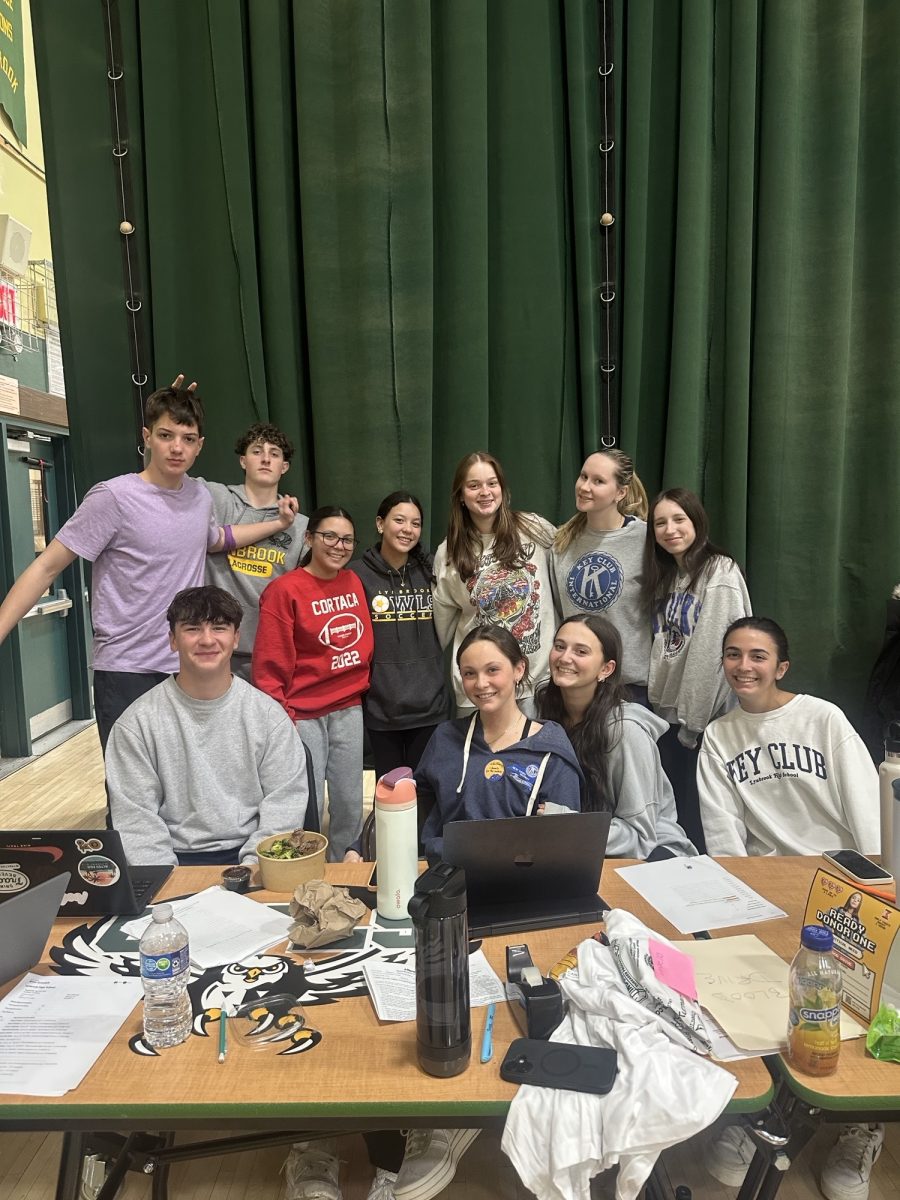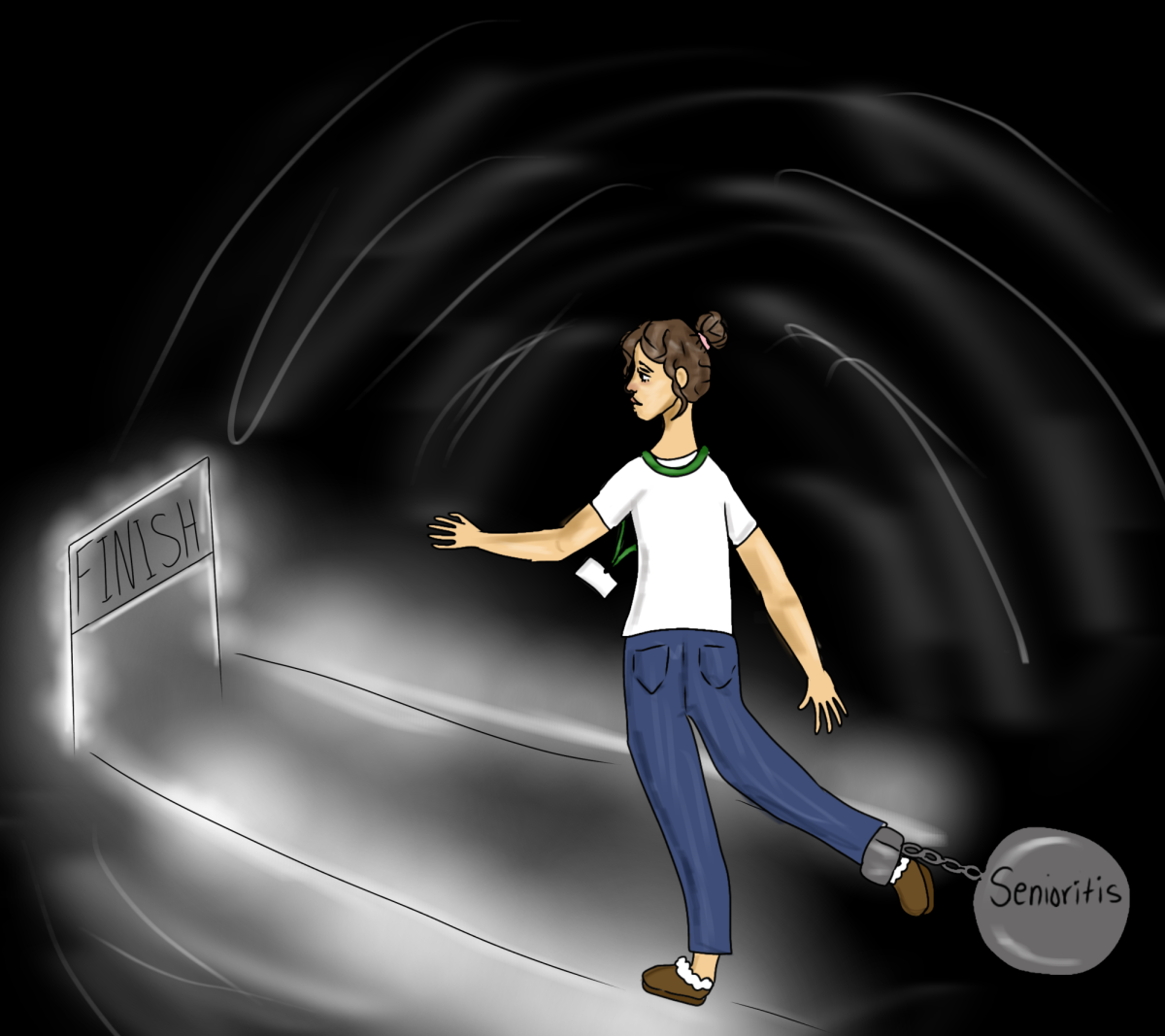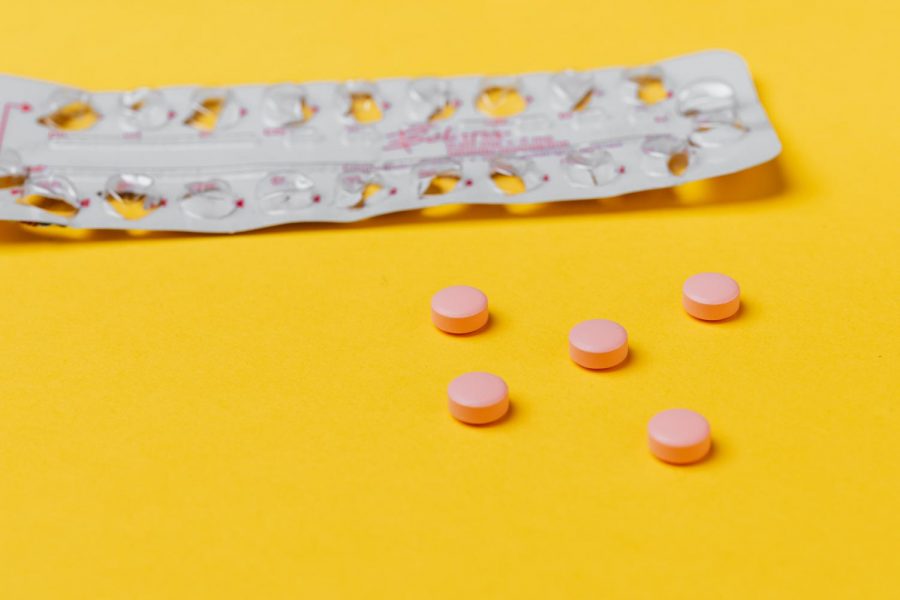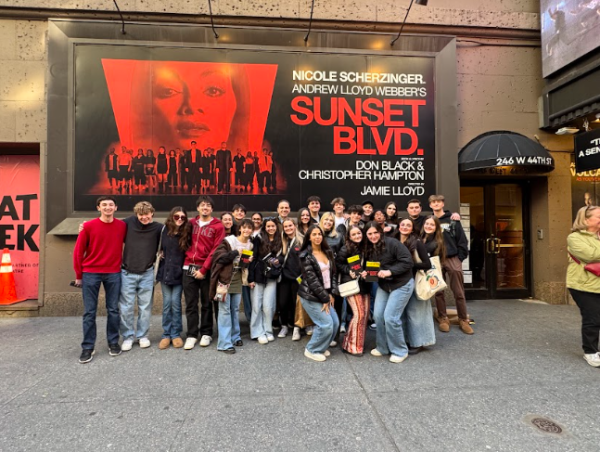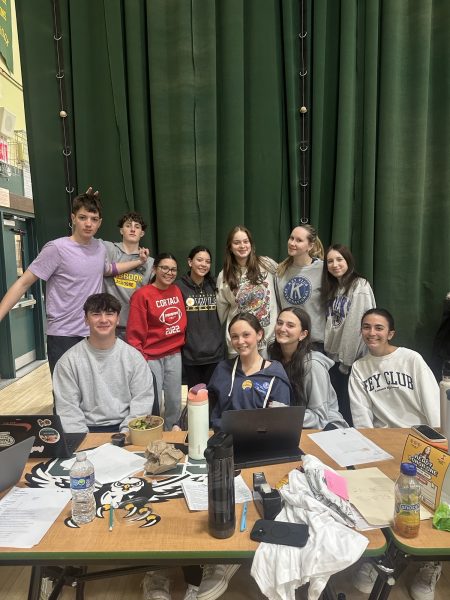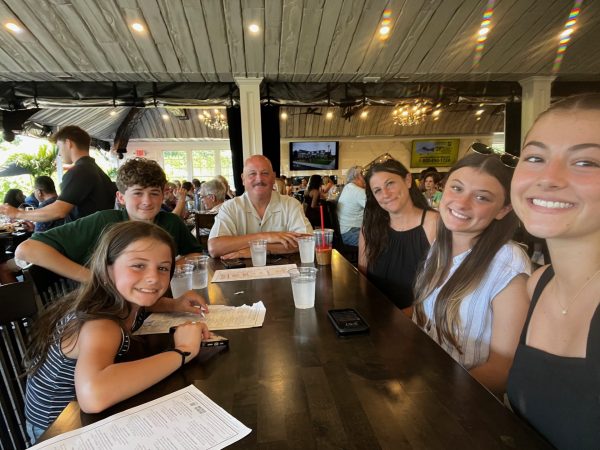Two Companies Producing COVID-19 Antiviral Pills
Two drug companies, in November, revealed clinical trial results for antiviral COVID-19 pills: Merck created the drug Molnupiravir in collaboration with Ridgeback Biotherapeutics, and Pfizer created the drug Paxlovid. Both drugs are intended to treat people who are already infected with the virus in an effort to reduce their chances of being hospitalized and/or dying.
Merck’s Molnupiravir, also referred to as Lagevrio, causes errors in the virus’ RNA replication, making it much harder for the viral cells to multiply within an infected person. In the clinical trials, half of infected participants received eight of the pills a day for five days, while the other half of participants received placebo pills. According to writer Sara Rigby on the Science Focus magazine website (sciencefocus.com), “14% of placebo participants were hospitalized, while only 7% of people who received the drug were.” This is a remarkable 50% improvement; however, it is important to note that the trial has not yet been peer-reviewed. Furthermore, a number of scientists are concerned that the alteration of the viral cells may lead to dangerous cell mutation; although, this has not occurred in the trials. Further research is being continued. The FDA met on Nov. 30 to discuss emergency use authorization for the drug.
Pfizer’s Paxlovid works in a similar way. It damages an enzyme on the viral cells that also inhibits their ability to replicate within an infected person. Currently, the following studies of the pill’s effectiveness are underway: EPIC-SR, which evaluates the impact on patients who are at standard risk for hospitalization; EPIC-PEP, which studies its effectiveness on people who are not infected but are sharing a household with an infected person; and, EPIC-HR, which evaluates patients who are at high risk for hospitalization due to preexisting conditions.
According to MSN Health (www.msn.com) , of the participants in the high-risk group, the drug was seen to have a beneficial effect. Out of 385 infected participants who received the placebo, 27 were hospitalized and seven passed away. Of the 389 infected participants who received Paxlovid twice a day for five days, three were hospitalized, and nobody died. Again, these results are a preliminary analysis of ongoing studies that still require more research before being approved by the FDA.
On Nov. 16, Pfizer requested emergency use authorization from the FDA for Paxlovid. CEO Albert Bourla released a company statement, saying “…there is an urgent need for life-saving treatment options.” Stressing the promising trial results, he continued, “The overwhelming efficacy achieved in our recent clinical study of Paxlovid, and its potential to help save lives and keep people out of the hospital if authorized, underscores the critical role that oral antiviral therapies could play in the battle against Covid-19.”
The Biden Administration has purchased $2.2 billion worth of Molnupiravir, which would allow 3.1 million people to be treated with a full dose. The administration also purchased 10 million treatments of Paxlovid. Both deals are based on the assumption that the FDA approves the drugs. If approval is not given, the pills will not be purchased.

I am a member of the Class of 2023 and one of the editors-in-chief for the print edition of Horizon. Outside of Horizon, I enjoy running and spending time...




